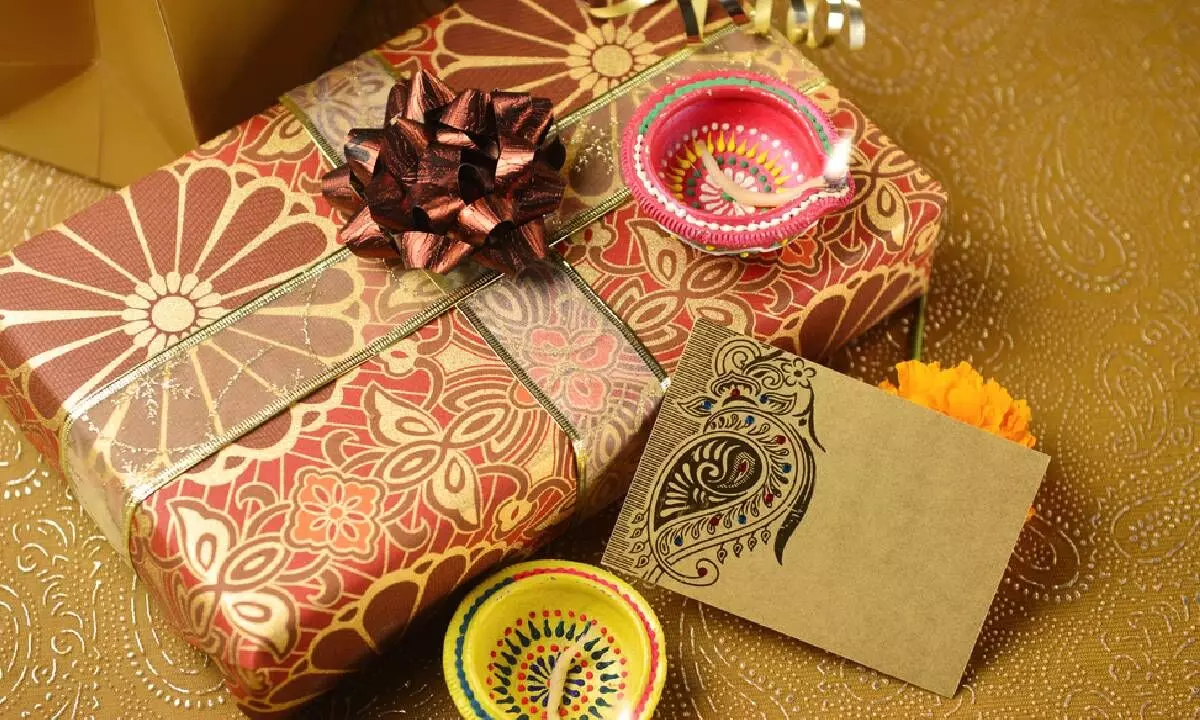25 known facts about Diwali everyone should know!
Diwali, known as "The Festival of Lights," is a significant celebration in India, commencing on Sunday, November 12
image for illustrative purpose

Diwali, known as "The Festival of Lights," is a significant celebration in India, commencing on Sunday, November 12, 2023, and lasting for five days. To shed light on this Hindu New Year, here are 25 fascinating Diwali facts that delve into the rich traditions and cultural significance of this luminous holiday.
Diwali is often referred to as "The Festival of Lights" due to the rows of clay lamps, or "deepa," lit outside residences to symbolize inner light protecting against spiritual darkness.
Comparable to Christmas for Christians, Diwali holds immense importance for Hindus and encompasses various stories and traditions.
Celebrated on the fifteenth day of the Hindu month of Kartika, Diwali signifies the commencement of the Hindu New Year, beginning two days before the new moon.
Homes are adorned with colorful decorations and lights to welcome Lakshmi, the Hindu goddess of prosperity, believed to roam the Earth, blessing followers with wealth and happiness.
Diwali prompts a significant gold-buying spree as gold is seen as a symbol of wealth and status.
The five-day celebrations involve diverse traditions, including cleaning homes, creating rangoli patterns, performing prayers to Goddess Lakshmi, feasting, and exchanging gifts.
Diwali brings special foods like Sheera and Kheer, representing sweet and fudgy substances made with semolina, raisins, saffron, and nuts.
Beyond India, Diwali is celebrated in countries such as Sri Lanka, Pakistan, Indonesia, Fiji, Thailand, Mauritius, Australia, England, and Canada.
"Shubh Deepavali" is a commonly used greeting during Diwali, translating to "Have a successful Diwali."
Fireworks on the third day of Diwali symbolize Prince Rama's return to his kingdom after defeating King Ravana, according to Diwali legend.
On Diwali, soldiers on both sides of the India-Pakistan border set aside their differences and exchange sweets.
Diwali marks the start of the Hindu New Year, winter, and the beginning of a new sowing season.
The first Diwali festival was celebrated over 2,500 years ago.
Paper or oil lanterns are lit during Diwali to honor the spirits of the dead who visit their relatives' houses.
Lord Ganesh and Goddess Lakshmi are often placed next to each other for prayers and rituals during Diwali.
Sivakasi in Southern India is the primary provider of fireworks, contributing around 90% of India's famous fireworks.
Leicester in England hosts the largest Diwali celebrations outside of India.
Diwali is also known as "Deepavali" or "Deepawali."
Over 800 million people worldwide celebrate Diwali with various traditions.
Fireworks were introduced to Diwali celebrations in the 1900s after being initially used only by the royals.
India's famous Golden Temple had its foundation laid on Diwali in 1581.
Clay lamps lit during Diwali are filled with ghee or oil and a cotton wick to stay lit throughout the night.
Rangoli, with its striking colors, is created using naturally dyed rice flour, turmeric, vermilion, and fresh flowers.
Similar to Christmas, Diwali is a major shopping holiday with special discounts and offers.
Despite the festivities, Diwali is a period of prayer and religious rituals, often referred to as "puja."

